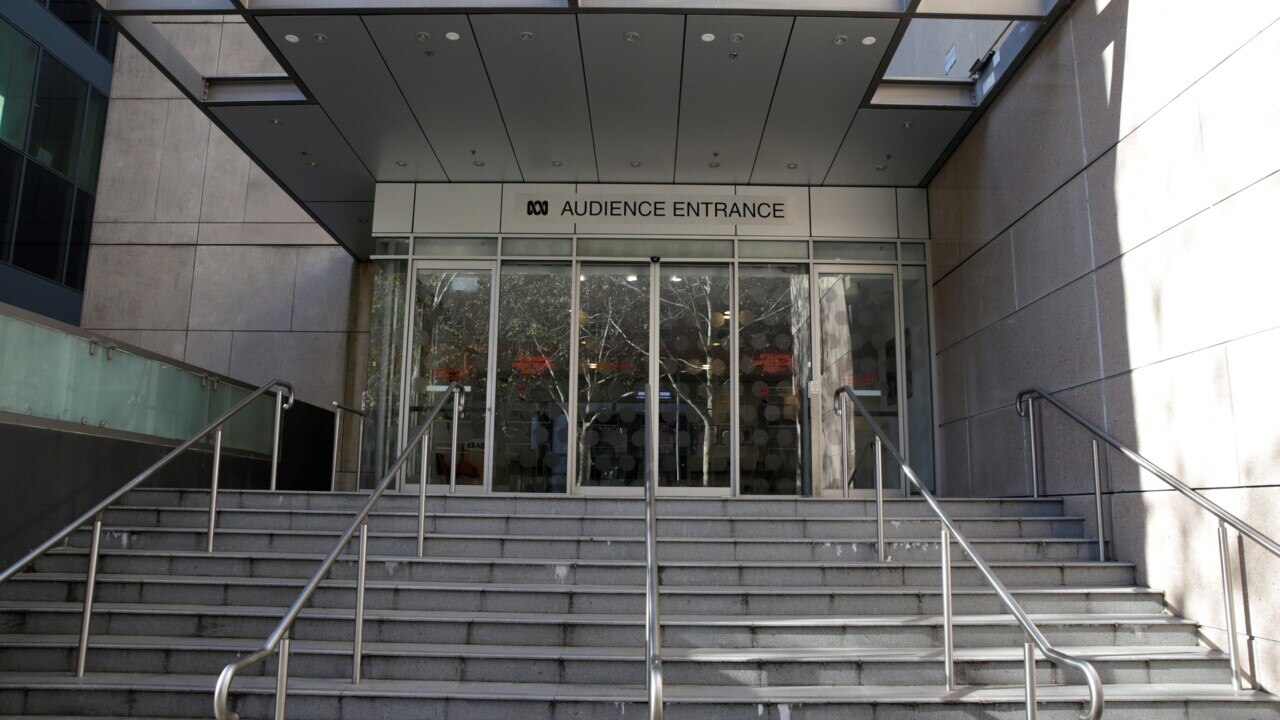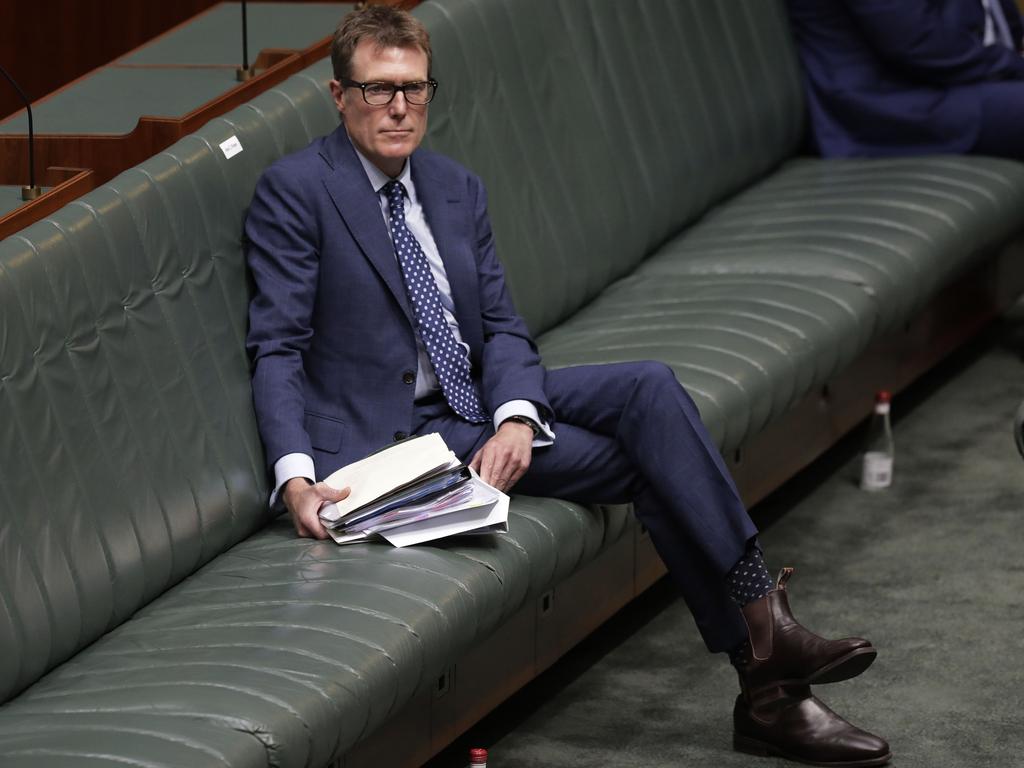
The first was the conviction that at a time when the fate of nations rested on a turbulent, potentially dangerous, “mass opinion”, it was crucial to shape public understanding in the direction of greater civility and mutual respect.
Cogently expressed by John Reith, effectively the BBC’s founding father, in his 1924 manifesto Broadcasting over Britain, the goal was not to impose high culture on the great unwashed; it was to provide “all men an atmosphere where they may use ideas” while being “nourished and not bound by them”.
The second was an unqualified faith in the capacity of educated elites to undertake that function. As Reith put it, “few know what they want, and very few what they need” — but those few should be running the show. Guided by a commitment to “service”, they would harness the miracle of wireless for the broader good.
Those twin notions, of a public that was as much to be transformed as it was to be informed, and of a professional elite that would do so, defined public broadcasting’s founding theology, with the national broadcasting organisations being its cathedrals.
The risk that the clerisy to whom those towering edifices had been entrusted would become a self-serving sect motivated only by its destructive passions never crossed the founders’ minds. Yet nothing more clearly highlights the collapse of their high-minded vision than last Monday’s attack on Christian Porter and Alan Tudge.
It is not merely that the program lacked the slightest pretence of being fair-minded, objective and impartial; having reached the pitch of disintegration at which humbug can be dropped, the ABC clearly believes such hypocrisy is no longer needed.
Rather, the most shocking element was the complete failure to ask — and coherently explain — why it was in the public interest to devote taxpayers’ resources to so shabby a purpose.

There was, after all, no claim that the ministers’ conduct involved misuse of office or dereliction of duty; the only substantive contention was that Porter and Tudge are philanderers.
Perhaps they are, though Porter and Tudge vigorously reject the program’s contentions. But it makes no sense to demand that politicians be saints; if we did, Australia’s seats of power would become ghost towns. Mindful of the fact that the good work of the world is not always done by those who are good, and that those intent on goodness often prove to be dangerous bumblers, we can be content if ministers carry out their duties with competence and integrity.
And we also have, or should have, the maturity to understand that politicians and their families deserve as much privacy as anyone else, except when infringing on that privacy is vital for holding them to account.
Unfortunately, the ABC’s failure to respect that precept merely reflects, albeit in pathological form, the broader disappearance in our political discourse of the distinction between the public and private spheres — a trend as obvious in the excesses of #metoo as it is in the ill-considered “bonking” ban.
At the heart of that distinction, which was one of the Enlightenment’s greatest legacies, is the recognition that there is a difference between vice and crime. As John Locke wrote in 1689: “Many things are sins, which no man ever said were to be punished by the magistrate. The reason is because they are not prejudicial to the rights of others, nor do they break the public peace.”

By clearly drawing that line, Locke and his successors helped spell the end of theocratic rule, opening the space for people with contrasting moral beliefs to coexist. But they also recognised that if coexistence was to be sustainable, public witch-hunts against alleged sinners had to be banished.
No one expressed that more forcefully than Immanuel Kant. In The Metaphysics of Morals (1797), one of his last and finest works, Kant, who was himself of unimpeachable character, provided what remains the most coherent articulation of the right to privacy, grounding it in each person’s entitlement to be treated with dignity.
Importantly in that work and in the Anthropology (1798), he went on to assert, as following from equal dignity, that each person had an “innate duty” both to avoid “spying” on the morals of others and to “rightly resist” that spying when they were its victim.
That was not simply because the spying involved an “offensive inquisitiveness” whose goal of humiliating others was inherently objectionable. It was also because the “gossip derived from the malicious judgment of others” could only “cast a shadow of worthlessness” over humanity generally, creating a climate of rage and disdain inimical to civil peace and social progress.
Two centuries later, Kant’s fears have become our realities. Rabbi Jonathan Sacks — whose sudden death last Saturday came as a dreadful blow to all those who cherish reasoned deliberation — put it beautifully in Morality: Restoring The Common Good In Divided Times, which appeared just a few months ago.
The re-emergence of a culture of shaming, Rabbi Sacks wrote, with its “public dishonouring without trial, due process, and the possibility of forgiveness”, is nothing less than a “massive social regression” to the revenge-driven logic of tribal conflict.

Imposing self-abasement on those it seeks to punish, it turns its back on “the revolutionary shift in the history of ethics” which came when “Judaism, with its belief in an invisible God who created the world with words”, affirmed the “importance of the inner voice of conscience, rather than shame; of repentance, not rejection; of forgiveness rather than appeasement; and of the integrity of the individual regardless of his or her deeds”.
The justice the culture of shaming promises cannot be that of laws; instead, in demanding executions based on scant evidence and summary judgments, it is that of bullies, vigilantes and thugs.
That is the justice which the ABC administered to Porter and Tudge — just as it had to Cardinal Pell. Nothing could be more antithetical to its founding vision, which aimed to strengthen the bonds of civility and enrich public life; yet nothing has become more deeply ingrained in its outlook.
It may be that no government can salvage the founding vision. But nor should taxpayers be forced to fund those who would shred the social fabric. Far better to recognise realities and redesign the structure from the ground up. The public service broadcasters were created, at a troubled time, to prevent the fading of the nation’s common dreams; they should not be allowed to become the architects of its recurring nightmares.








Much like the BBC, the ABC was formed, and its mission framed, on the basis of two beliefs that emerged from the trauma of the First World War.